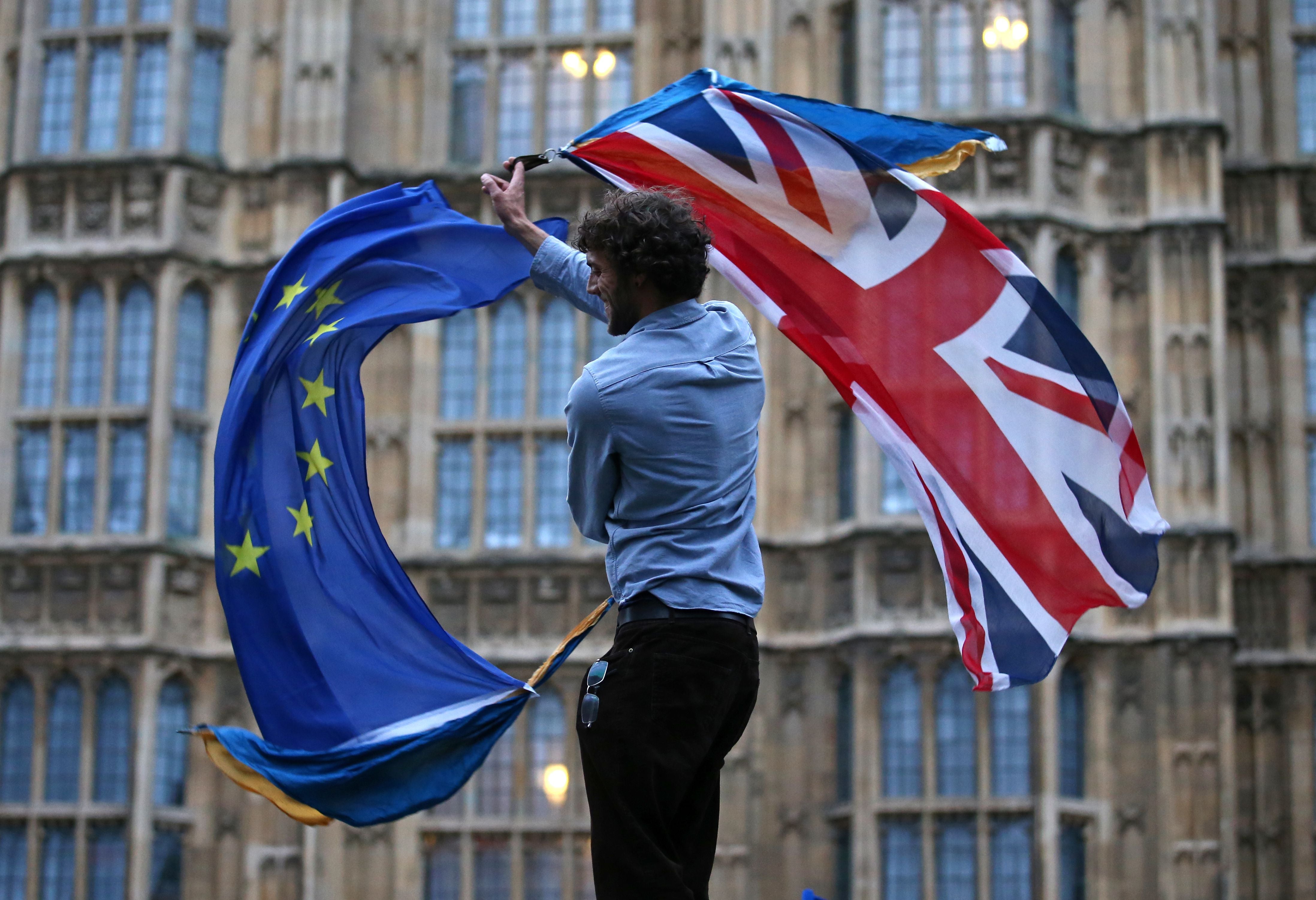Barnier warns government to be ‘very careful’ amid row over EU’s diplomatic status in UK
Former head of the diplomatic service describes move as ‘wholly unnecessary’

Your support helps us to tell the story
From reproductive rights to climate change to Big Tech, The Independent is on the ground when the story is developing. Whether it's investigating the financials of Elon Musk's pro-Trump PAC or producing our latest documentary, 'The A Word', which shines a light on the American women fighting for reproductive rights, we know how important it is to parse out the facts from the messaging.
At such a critical moment in US history, we need reporters on the ground. Your donation allows us to keep sending journalists to speak to both sides of the story.
The Independent is trusted by Americans across the entire political spectrum. And unlike many other quality news outlets, we choose not to lock Americans out of our reporting and analysis with paywalls. We believe quality journalism should be available to everyone, paid for by those who can afford it.
Your support makes all the difference.Michel Barnier has issued a warning to the UK to be “very careful” after the government became embroiled in a “petty” row over the refusal to grant full diplomatic status to the EU’s officials and ambassador in London.
Joao Vale de Almeida took up his post as the first EU representative to the UK when Britain formally severed its membership in of the bloc a year ago, but has not been given the same status as other ambassadors.
According to the BBC, the Foreign Office intends to treat EU officials as representatives of an international organisation on the basis that it is not a nation state and is insisting staff should not be afforded diplomatic privileges.
But speaking at an event hosted by the European Movement Ireland, Mr Barnier, who was the bloc’s chief Brexit negotiator, said that while relations will not be “business as usual”, he insisted the EU cannot be treated solely as an international organisation.
“I hope we will be able together to find a clever and objective solution to the status of the EU in London,” he added. “I think it would be wise in my view for the UK to find a clever solution.
“We will see what will be the final decision of the UK on this point, but they have to be very careful.”
Earlier, Brussels said Britain was “well aware” the EU’s 143 delegations and staff in other parts of the world had been accorded a status equivalent to countries’ embassies under the Vienna Convention, which governs the rules of international diplomacy.
Without the full protection of the convention, diplomats do not benefit from immunity from detention, criminal jurisdiction and taxation.
The BBC added the EU’s high representative for foreign affairs Josep Borrell wrote to Dominic Raab, the foreign secretary, in November expressing his “serious concerns” over the decision.
“Your service has sent us a draft proposal for an establishment agreement about which we have serious concerns,” he said.
“The arrangements offered do not reflect the specific character of the EU, nor do they respond to the future relationship between the EU and the UK as an important third country.
“It would not grant the customary privileges and immunities for the delegation and its staff. The proposals do not constitute a reasonable basis for reaching an agreement.”
Tobias Ellwood, the Conservative chair of the Commons Defence Committee, described the decision as “petty”, adding: “[Joe] Biden commits to strengthening alliances and we engage in silly spats which will not help strengthen security and trade cooperation. We are better than this.”
Peter Ricketts, a former national security adviser and head of the diplomatic service, added: “I came to the same conclusion.
“This is a wholly unnecessary move which seems part of systematic effort to signal that the UK is shunning the EU and all its works. Not in British interests.”
European Commission spokesman Peter Stano added that the UK, which, as a member of the EU, was a signature to the Lisbon Treaty which established the European External Action Service diplomatic network, was “well aware of the EU’s status in external relations”.
“Nothing has changed since the UK’s exit from the European Union to justify any change in stance on the UK’s part,” he said.
“The EU’s status in external relations and its subsequent diplomatic status is amply recognised by countries and international organisations around the world, and we expect the United Kingdom to treat the EU delegation accordingly and without delay.”
The prime minister’s official spokesman said: “The FCDO continues to engage with the EU on the long-term arrangements for the EU delegation in the UK. I am not going to pre-empt the outcome of those negotiations.
“We will ensure the EU delegation receives the privileges and immunities necessary to allow them to carry out their work.”
The Independent has also contacted the Foreign Office for comment.




Join our commenting forum
Join thought-provoking conversations, follow other Independent readers and see their replies
Comments